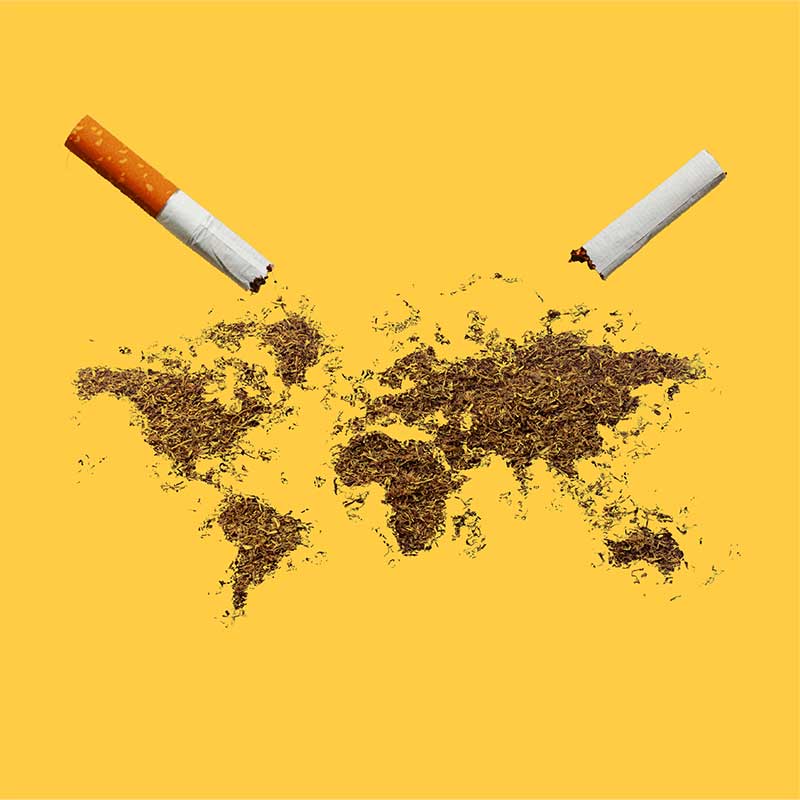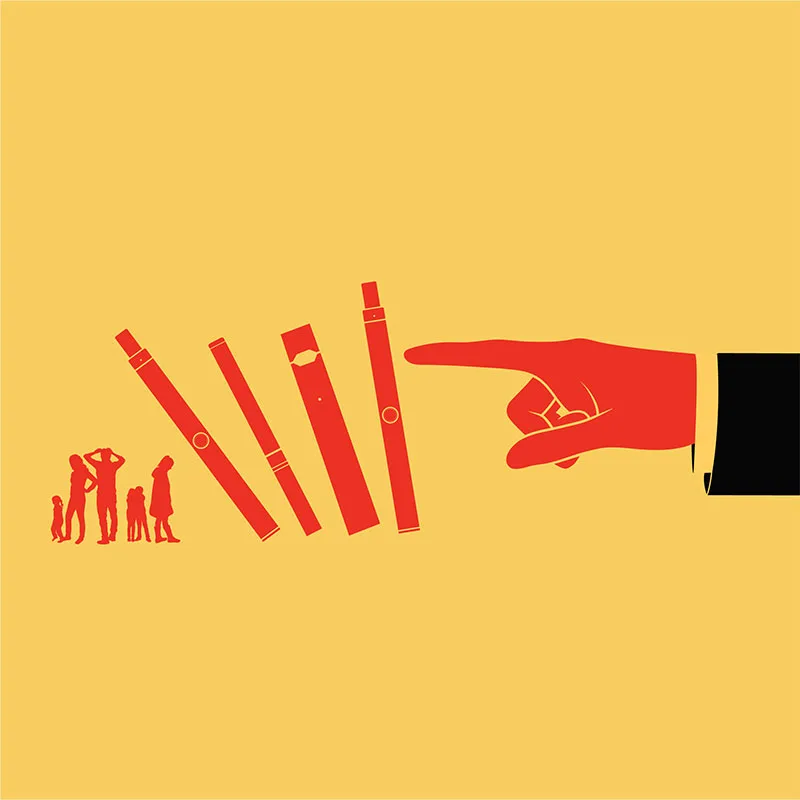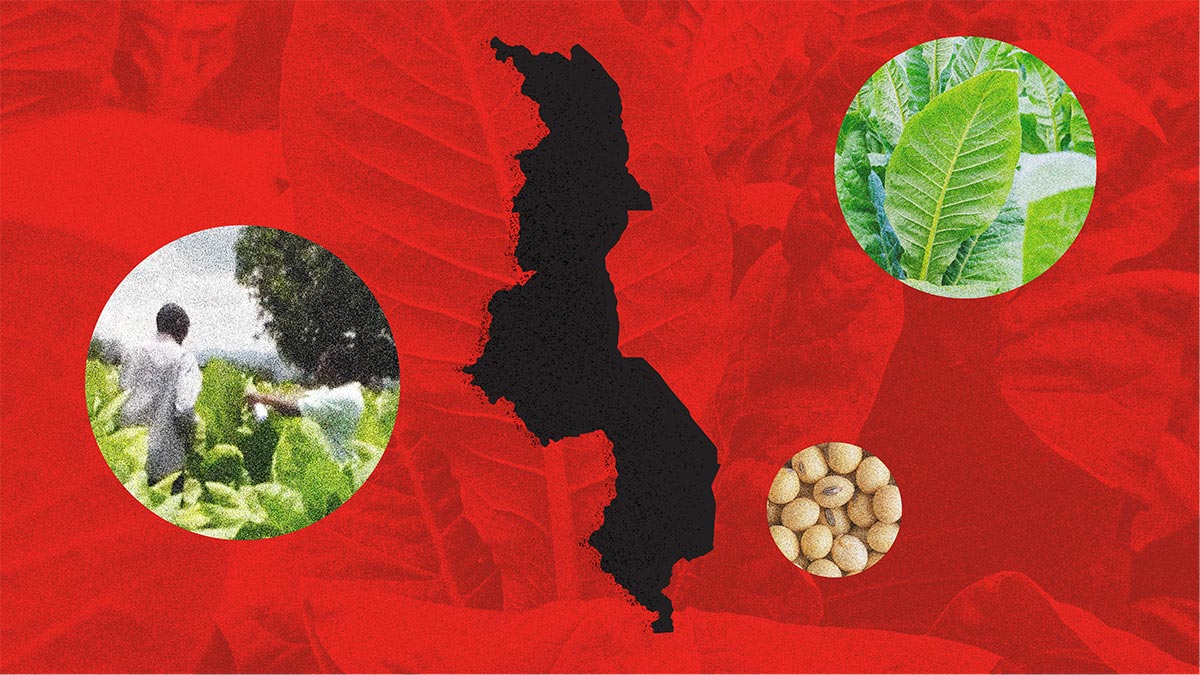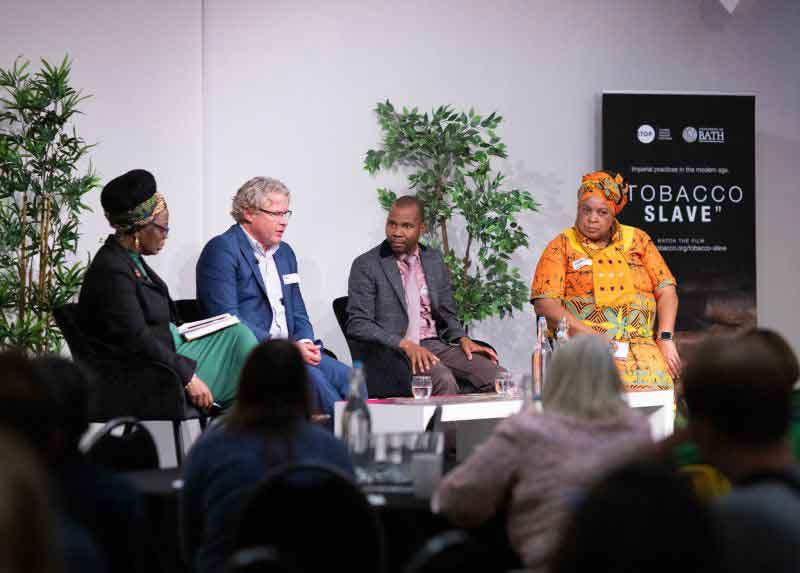- Resources
- News
-
-
Get Email Updates
Sign up for STOP's emails and never miss an update on our latest work and the tobacco industry's activity.
-
Get Funding
Ready to tackle industry interference? You could be eligible for a grant.
-
Share a Tip
Do you have information on tobacco industry misconduct in your country? Let us know.
-
Get Email Updates
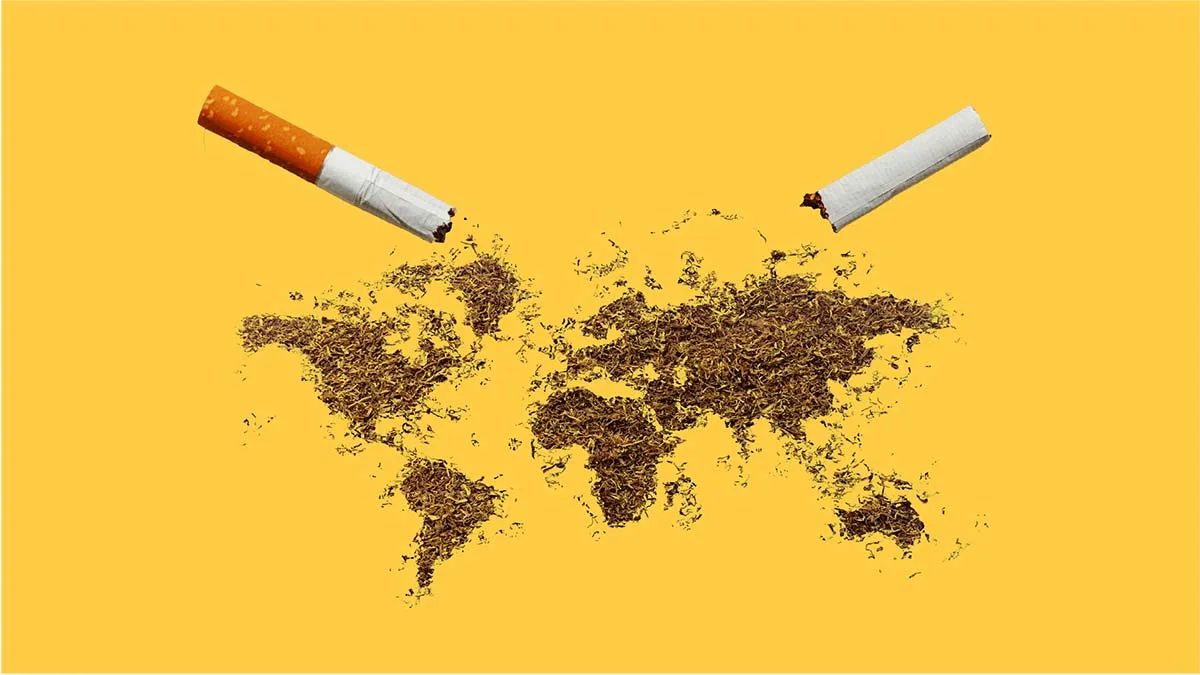
Let’s start with the (very) good news. Between 2009 and 2017, overall rates of tobacco use in Bangladesh dropped significantly. Among people aged 15 and older, tobacco use declined from about 43% to about 35%.
In a world where tobacco use and quit rates tend to vary between wealthier people and poorer people, this reduction in tobacco use was unique: It occurred across all socioeconomic groups, according to a Tobacconomics report that summarizes several smoking-prevalence studies in Bangladesh.
This progress didn’t happen by chance, but because Bangladesh implemented a number of proven tobacco control measures, in line with its commitments under a global treaty. While some public places still have smoking zones, the majority of indoor public spaces are now smoke-free. The country has widespread bans on tobacco advertising, promotion and sponsorship and requires pictorial health warnings that cover at least 50% of tobacco product packaging. The combination of these and other measures contributed to this hard-won decline in tobacco use.
But the problem is far from solved. Bangladesh still has some of the highest tobacco use rates in the world. An estimated 19 million people smoke tobacco (versus using smokeless tobacco), and approximately 15 million of those report smoking cigarettes. And, worryingly, 28% of tobacco users increased their tobacco consumption in the five years leading up to the survey.
What’s standing in the way of significant, meaningful and long-term reductions in cigarette use in Bangladesh? One of the barriers might be something seemingly small: single sticks.
Single stick sales in Bangladesh
Single sticks, or cigarettes that are sold individually and not as part of a pack, are a pervasive problem in Bangladesh and around the world. Buying a single cigarette is much cheaper than a full pack of cigarettes, making them accessible to the most price-sensitive consumers, including children, young people and people with low incomes. For example, in Bangladesh, a pack of cigarettes could cost anywhere from BDT 80 – 284 (US $.75 – 2.65),* while a single stick can cost as little as BDT 5 (US $.05). This accessibility makes it easier for young people to start smoking and discourages others from cutting back or quitting.
The sale of single sticks is banned in at least 80 countries due to their potential role in perpetuating tobacco use but is currently still legal in Bangladesh. Studies show single stick sales are common throughout the country. Researchers interviewed cigarette sellers for a 2018 study by Dr. Arifa Hasnat Ali called “Business of Loose Cigarettes and Losing Tobacco Control: Current Situation in Urban Areas of Bangladesh.” Of those, 99% reported selling single sticks. The sellers also said that single stick sales were three times higher than pack sales on most days, and that the consumers of single sticks were mostly young adults.

Single stick smokers don’t get exposed to graphic health warnings that are typically on a cigarette pack in Bangladesh.
In a study from 2021 by Md. Al-Amin Parvez, titled “Exploring Ban on Selling of Single Stick Smoking and Unpackaged Smokeless Tobacco as a Policy Option for Bangladesh,” researchers surveyed 3,000 adult tobacco users across the country. Among cigarette smokers, 57% reported purchasing single sticks. The researchers found that single sticks were more popular among younger people, with 18 – 24-year-olds being nearly 2.5 times more likely to purchase single sticks than those aged 40 and above. Single sticks were also more popular among poorer people. Those with monthly incomes of less than BDT 5,000 (US $46) were nearly 4 times more likely to buy single sticks than those who earned BDT 25,000 (US $233) and above.
The social harms of single sticks in Bangladesh
These findings suggest that single sticks are another way that tobacco companies contribute to broader and more systemic inequities. The target market seems to be people who can least bear the financial strain that comes with tobacco use and least afford the cost of tobacco-related disease.
Additionally, single stick smokers don’t get exposed to graphic health warnings that are typically on a cigarette pack in Bangladesh. This lack of information impacts their ability to make healthier choices compared to their wealthier counterparts and may worsen health disparities.
Single sticks also drive income disparities and keep poorer smokers poor. While it’s cheaper to buy a single cigarette than a whole pack, single sticks actually cost more on a per-stick basis than cigarettes sold in a pack. That means those with the least money end up paying more per cigarette.
Tobacco use also cuts into household budgets. On average, smokers in Bangladesh spent BDT 537 (US $5) per week on cigarettes, creating strain for some on already limited budgets. One study showed that tobacco-consuming households in Bangladesh spent less on necessities like clothing, housing, education, energy and transportation compared to non-tobacco-consuming households. When illness strikes, these households face even more financial burden. One study found that the poor pay an average of BDT 17,371 (US $162) when experiencing a tobacco-related disease.
To reduce tobacco use and address inequity, single sticks should be banned
Smoking is already a burden on society and on the economy in Bangladesh. In 2016, more than 160,000 people died from tobacco use. And researchers estimated that in 2018, the direct and indirect costs of smoking cost the country BDT 305 billion (US $2.8 billion), or 1.4% of Bangladesh’s total GDP.
Among those who increased their tobacco use in Bangladesh in 2018, 18.5% cited the affordability of tobacco products as a factor. Single sticks are the most affordable way to purchase cigarettes. As long as single sticks remain cheap and available, it is likely to be more difficult to make meaningful progress in reducing smoking rates, especially among the younger and poorer who already face inequity. Single stick sales should be banned, and the ban should be enforced.
*BDT to US$ conversions as of April 2023
